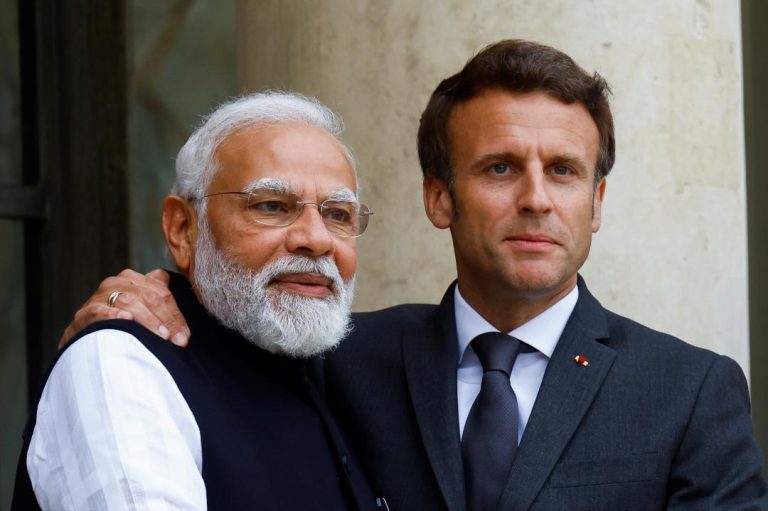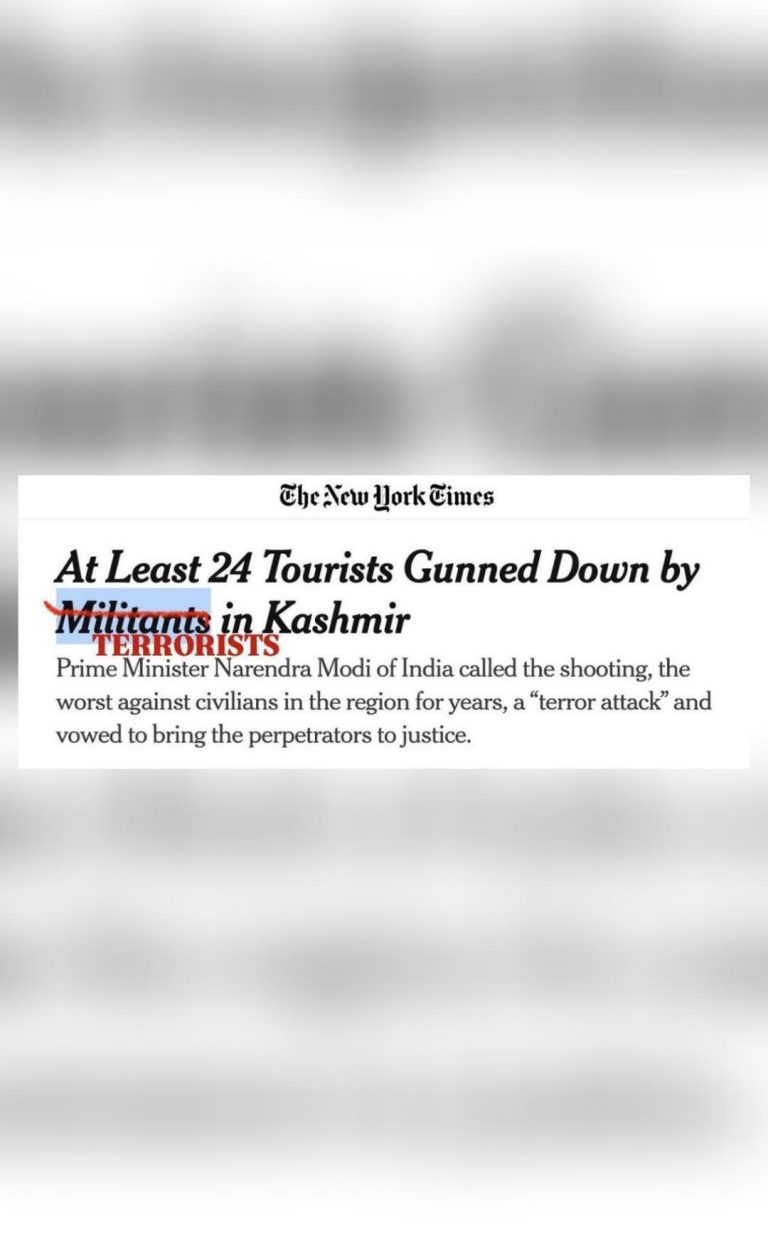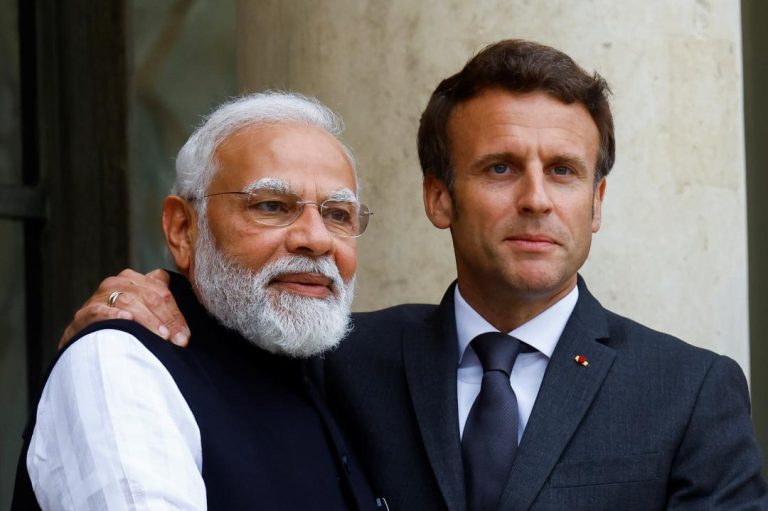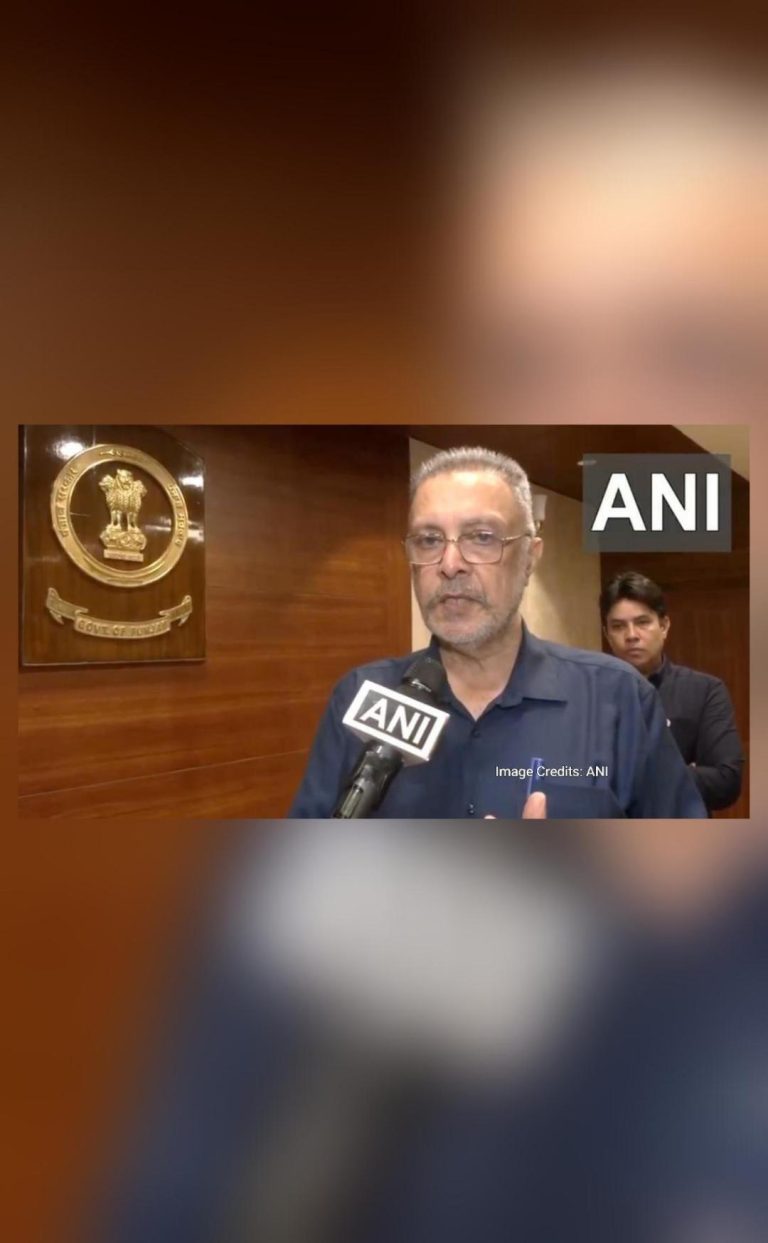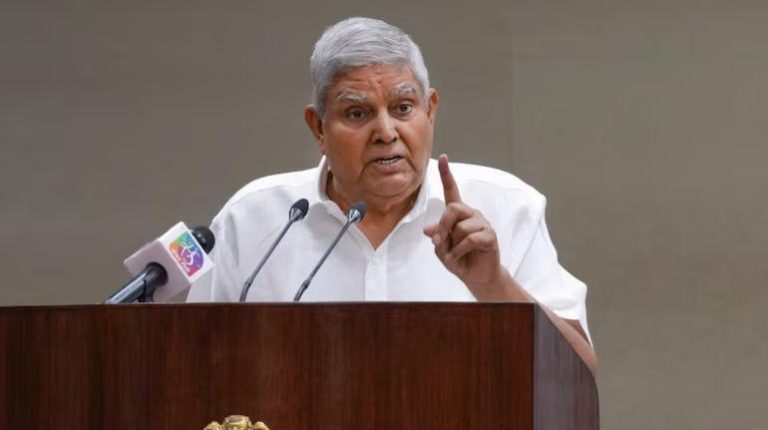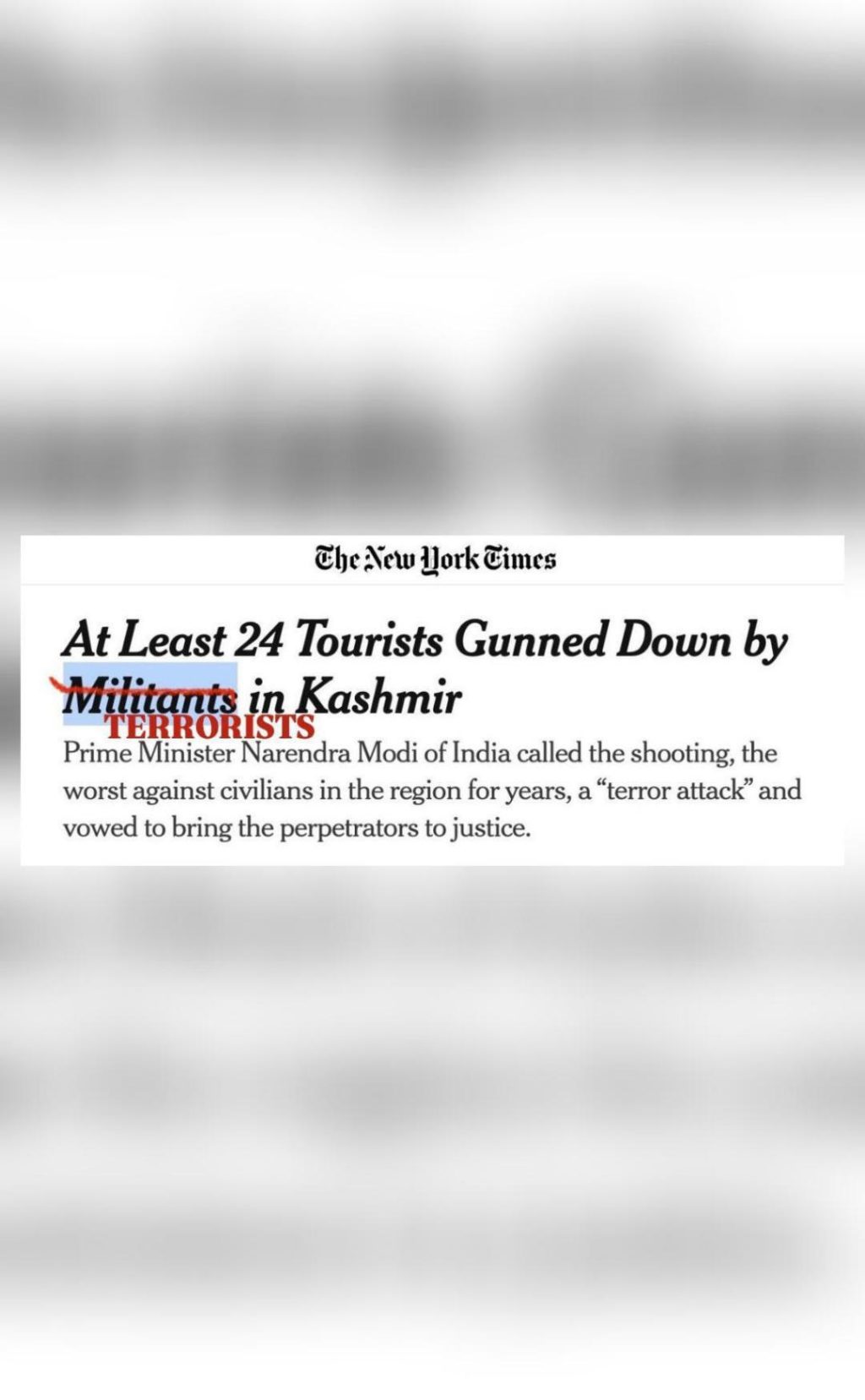
Hey NYT, fixed it for you: US committee after news portal calls J&K terrorists ‘militants’
The ongoing debate between the New York Times and the US House Committee on Foreign Affairs has taken a new turn, with the latter calling out the former for its alleged biased reporting on terrorism. The controversy began when the New York Times referred to terrorists behind an attack in Pahalgam, Jammu and Kashmir as “militants”. The US House Committee on Foreign Affairs, however, took to social media to correct the terminology, labeling the attack as a “terrorist attack” plain and simple.
The controversy started with a tweet from the official Twitter handle of the US House Committee on Foreign Affairs, which shared a screenshot of the New York Times article. The tweet read, “Hey NYT, we fixed it for you…This was a TERRORIST ATTACK plain and simple…Whether it’s India or Israel, when it comes to TERRORISM, NYT is removed from reality.” The tweet included a screenshot of the article, which referred to the terrorists behind the attack as “militants”.
The tweet sparked a heated debate on social media, with many users weighing in on the issue. Some users defended the New York Times, arguing that the term “militant” is often used to describe fighters who are not necessarily affiliated with a terrorist organization. Others, however, agreed with the US House Committee on Foreign Affairs, saying that the term “militant” is often used as a euphemism for terrorist.
The controversy highlights the ongoing debate about the use of terminology in reporting on terrorism. Some argue that using the term “militant” to describe fighters who are not affiliated with a terrorist organization can help to de-escalate tensions and promote understanding. Others, however, argue that using the term “militant” can be seen as a form of linguistic terrorism, erasing the distinction between legitimate fighters and terrorists.
The use of terminology in reporting on terrorism is a complex issue, with different organizations and individuals using different terms to describe the same phenomenon. The US State Department, for example, defines terrorism as “premeditated, politically motivated violence perpetrated against noncombatant targets by subnational groups or clandestine agents.” The United Nations, on the other hand, defines terrorism as “criminal acts intended or calculated to provoke a state of terror in the general public, a group of persons or particular persons for political purposes.”
The New York Times, in its article, did not provide a clear definition of the term “militant”, leaving readers to wonder what exactly the term refers to. The article did not provide any context or background information on the group responsible for the attack, leaving readers to speculate about the nature of the group and the motivations behind the attack.
The controversy also highlights the ongoing debate about the role of the media in reporting on terrorism. Some argue that the media has a responsibility to provide accurate and unbiased reporting on terrorism, while others argue that the media should take a more critical approach to reporting on terrorism, highlighting the complexities and nuances of the issue.
The US House Committee on Foreign Affairs, in its tweet, highlighted the need for accuracy and transparency in reporting on terrorism. The committee’s tweet read, “When it comes to TERRORISM, NYT is removed from reality…We need accurate and transparent reporting to combat terrorism, not biased and misleading language.”
The controversy has sparked a heated debate on social media, with many users weighing in on the issue. Some have called for greater accuracy and transparency in reporting on terrorism, while others have criticized the New York Times for its alleged biased reporting.
In conclusion, the controversy between the New York Times and the US House Committee on Foreign Affairs highlights the ongoing debate about the use of terminology in reporting on terrorism. The use of terminology is a complex issue, with different organizations and individuals using different terms to describe the same phenomenon. The controversy also highlights the ongoing debate about the role of the media in reporting on terrorism, with some arguing that the media has a responsibility to provide accurate and unbiased reporting, while others argue that the media should take a more critical approach to reporting on terrorism, highlighting the complexities and nuances of the issue.
Source: https://x.com/HouseForeignGOP/status/1914843415793095043
